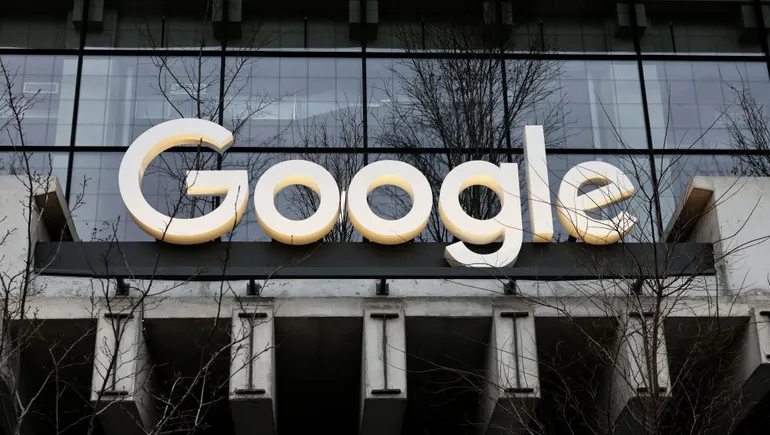Since the digital advertising market has become a battleground, the war between ‘tech giants vs. ad tech startups’ is escalating. Recently, independent ad tech company PubMatic reignited the conflict by officially suing Google, accusing the tech giant of maintaining long-term monopoly in the market, which has led to soaring advertising costs, reduced content diversity, and limited growth for companies like PubMatic.
The lawsuit was submitted on September 8 in the U.S. District Court for the Eastern District of Virginia. PubMatic emphasizes that they are not only seeking massive compensatory damages but also holding Google accountable for ‘disrupting fair competition.’ Rajeev Goel, PubMatic’s co-founder and CEO, directly pointed out: ‘Google uses its vast resources and power to make the market opaque and unfair, harming the interests of advertisers, publishers, and even consumers.’
PubMatic is not the first to confront Google’s dominant position in the ad market. In fact, last month, another ad exchange, OpenX, also sued Google for similar anti-competitive behavior. This wave of ‘lawsuits against Google for monopoly’ echoes previous investigations and rulings by the U.S. Department of Justice and several state governments.
The core philosophy of PubMatic is to make the digital advertising market more open and transparent. Since its inception in 2006, PubMatic has strived to provide fair competition services for independent publishers and advertisers. However, according to their complaint, Google has controlled key market nodes by acquiring competitors like DoubleClick, Admeld, and Invite Media, which has made it difficult for innovative companies like PubMatic to thrive, resulting in loss of ad revenue and diminished voices.
Of course, Google completely dismisses these allegations. A spokesperson stated: ‘These claims are baseless. In fact, advertisers and publishers choose Google because our ad technology is easy to use, cost-effective, and effective.’
Currently, the U.S. Department of Justice has claimed that Google should be forced to divest its AdX ad exchange and enable seamless integration with its competitors. Google has proposed a more mild option, suggesting regulation for three years and collaborating with other platforms.
The rules of the digital advertising market are being reevaluated. This lawsuit is not just about monetary compensation but also where the online advertising industry is headed – whether it can return to an equitable, transparent, and diverse competitive environment. A drama that could impact the future of the online economy is unfolding.


